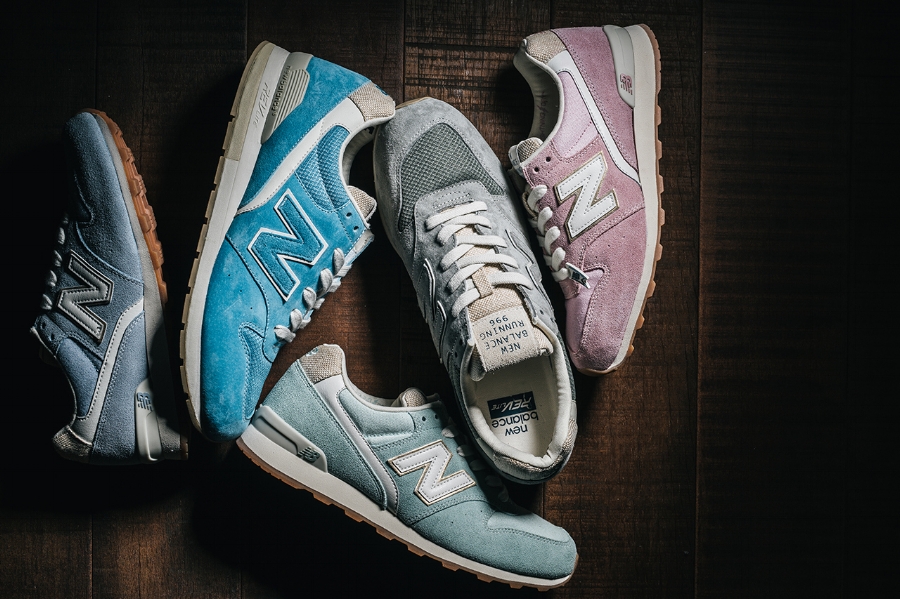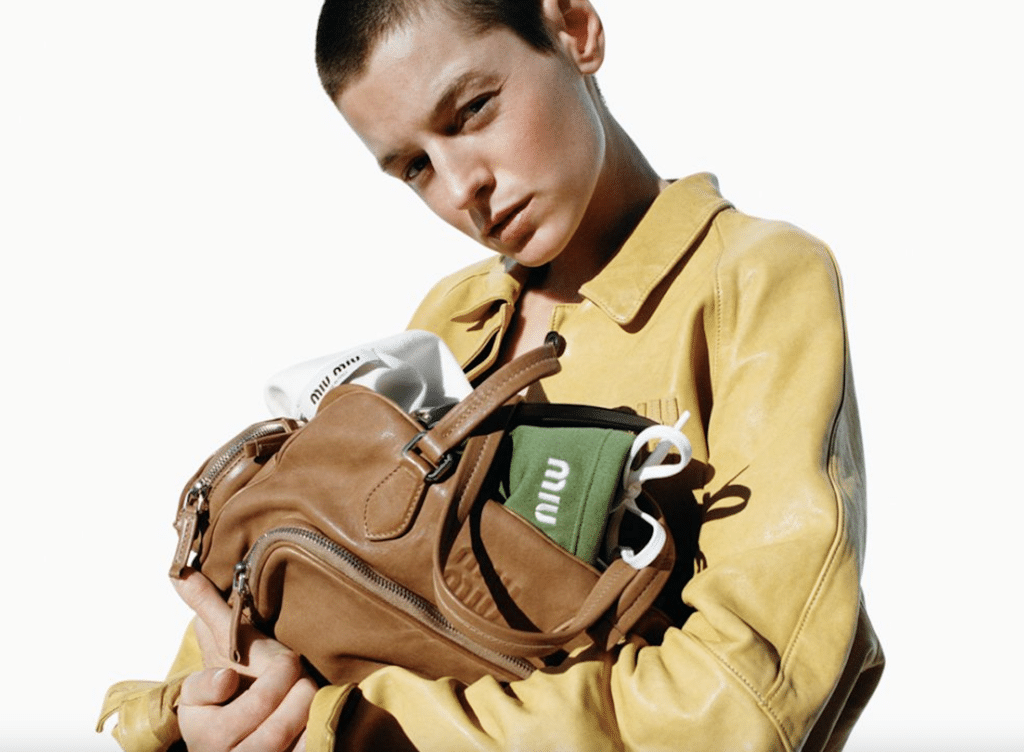In what is being described as a landmark ruling coming out of China, a Suzhou court has ordered three Chinese shoemakers to pay more than 10 million yuan ($1.5 million) in damages to New Balance for infringing the U.S. sportswear company’s slanted “NB” trademark. The amount of compensation, “though small by international standards, is, according to lawyers, one of the highest to be awarded to foreign companies in trademark disputes in China,” says Reuters.
The Boston-based footwear company’s win is maybe most striking, though, if we consider the outcome of at least one of its relatively recent efforts to fight fakes in China.
In April 2015, Guangzhou Municipal Intermediate People’s Court in China’s Guangdong Province fined a Chinese subsidiary of New Balance roughly $1.5 million. In that suit – which was initiated by New Balance after it discovered that Zhou Yuelun, a Chinese individual, was allegedly making use of its federally registered trademarks without its authorization – the court held that, actually, New Balance was the one in the wrong.
In addition to the $1.5 million damages award, the Court ordered the Chinese affiliate of New Balance to stop using the “Xin Bai Lun” trademark (“Bai Lan” is a phonetic version of “Balance”) – which Mr. Yuelun had registered with the Chinese trademark office – to market its products in China and required New Balance to publicly apologize to Yuelun for infringing his trademark.
As for how that case came about, it is pretty straightforward. Mr. Yuelun filed to register the New Balance translation trademark in China – knowing its value/significance in the West – before New Balance did, seeking to either sell goods under that name and profit handsomely or to essentially hold the trademark ransom and demand an exorbitant fee from New Balance in order to recover it. This move – called trademark squatting – is a well-established business amongst native entities in China. (Just ask Phillip Lim, for instance, which was forced to rebrand in China because it was unable to use its name for this exact reason).
Given the way the Chinese trademark system works, that was not an entirely surprising case. China observes a first-to-file system for trademark registrations. As such, the first party to file an application for a trademark is given priority. This contrasts with the system in the U.S., where it is not registration, but actual use of trademark that creates rights and priority over others. (Do note: In theory, China’s “bad faith” trademark filing rules should have made this an easier case for New Balance to win, but alas).
While the $16 million damages amount that New Balance was ordered to pay was later reduced to $700,000, the case still presented a striking outcome, as it speaks to the Chinese attitude towards intellectual property, in general, and the complexity that comes with brands’ fights against counterfeits, especially by non-native Chinese parties.
New Balance’s recent win sets a preferable stage not only for the company – which entered the Chinese market in 2003 and has more than 2,000 stores in the country – but for others seeking to police unauthorized uses of their valuable IP rights in China. “Although this sort of decision is still rare, it sends a strong and powerful message that should make it easier for foreign brands doing business here,” Carol Wang, a lawyer at Lusheng Law Firm, which represented New Balance, said in a statement.
Similarly, Angela Shi, brand protection manager of New Balance, told Reuters, “The winning of this case has given us confidence to continue our proactive brand protection strategy in China.”
Still yet, New Balance’s senior counsel for intellectual property, Daniel McKinnon, told the New York Times that “if the China marketplace can be thought of as a schoolyard, New Balance wants to make it abundantly clear we are the wrong kid to pick on.”
The preferable ruling for New Balance comes – very conveniently – just ten days after U.S. President Donald Trump signed a presidential memorandum authorizing an investigation into China’s alleged “theft” of American intellectual property. According to the memo, U.S. Trade Representative Robert Lighthizer is being tasked with determining whether or not to investigate any potential trade practices by China “that force U.S. companies operating in China to turn over intellectual property.”
While a spokesman for China’s Ministry of Commerce told reporters in Beijing earlier this month that China puts a strong emphasis on intellectual property rights, China has repeatedly come under fire for its unwillingness to respect U.S. IP. China was, of course, singled out on the Office of the United States Trade Representative’s 2017 “Special 301” Report in May, and also in a report compiled by the European Union Intellectual Property Office and Europol, on the state of intellectual property infringements.
Chinese Ministry members have publicly decried such reports, saying that they are “lacking in objective standards and fairness” and are “irresponsible.”











